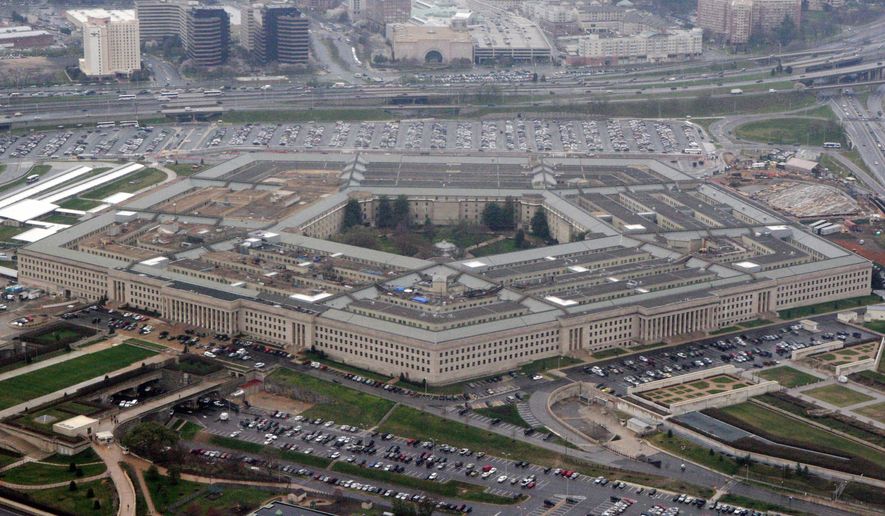U.S. military leaders are continuing to maintain close contact with their counterparts in Pakistan despite the White House’s latest round of harsh economic sanctions against the South Asian nation.
Central Command chief Gen. Joseph Votel and Gen Qamar Javed Bajwa, head of Pakistan’s Army have remained in “continuous communication” in the weeks following the Trump administration’s announcement of plans to block millions in foreign aid and military support to Pakistan.
“We value mutual understanding of interests and concerns that we need to consider and might lead to a positive path forward,” command spokesman Col. John Thomas told Reuters Friday, regarding the current state of relations between the Pentagon and Islamabad.
His comments come days after Gen. Bajwa said his forces felt betrayed by their U.S. counterparts, due to the actions of the White House. Members of Pakistan’s National Security Council said the White House’s actions “were completely incomprehensible … [and] struck with great insensitivity at the trust between two nations built over generations, and negated the decades of sacrifices made by the Pakistani nation” in the war against extremism.
Pakistan has reportedly suspended intelligence sharing operations with the U.S. on militant groups based in the country, such as the Pakistani Taliban faction known as Tehrik-e-Taliban and the infamous Haqqani Network. Col. Thomas declined to comment on any reported suspension of operations between the two partner nations.
The decision by command officials to continue military-to-military ties with Pakistan, in the wake of the Trump White House’s sanctions, is seen as a Pentagon attempt to keep Islamabad from shuttering critical American supply lines running through the country and into Afghanistan.
In 2008, Islamabad shut down overland supply routes through the Khyber Pass and other main thoroughfares along the Afghan-Pakistan border, in retaliation for an errant American airstrike that killed scores of Pakistani troops earlier that year. The lines were eventually reopened, but not until then Secretary of State Hillary Clinton issued a rare public apology for the strike.
Earlier this month, U.S. Ambassador to the United Nations Nikki Haley announced the plan to withhold millions in foreign assistance to Pakistan during a press briefing at U.N. headquarters in New York. During the briefing, Amb. Haley accused Islamabad of playing “a double game for years” with Washington over its selective support of certain Pakistani-based terror groups — such as the Haqqani Network.
Mr. Trump lashed out at Pakistan’s alleged support for extremists in a New Year’s Day tweet, saying the U.S. had “foolishly” given Pakistan more than $33 billion in aid and had gotten nothing in return but “lies & deceit,” alleging Islamabad’s involvement in providing “safe haven to the terrorists we hunt in Afghanistan.”
• Carlo Muñoz can be reached at cmunoz@washingtontimes.com.




Please read our comment policy before commenting.